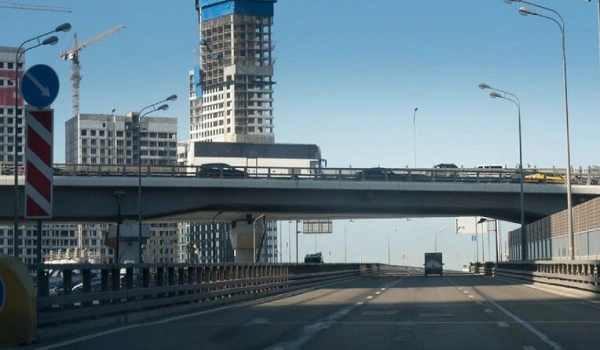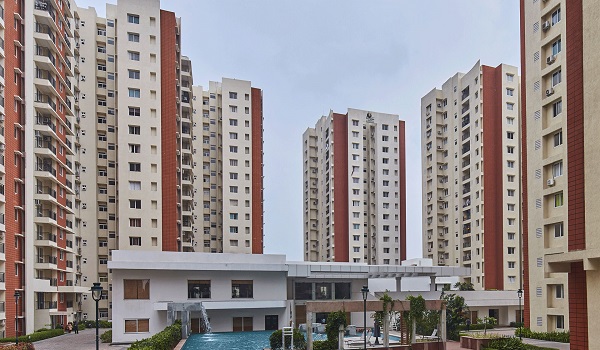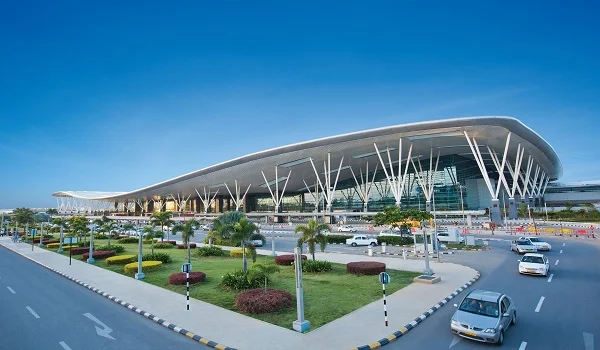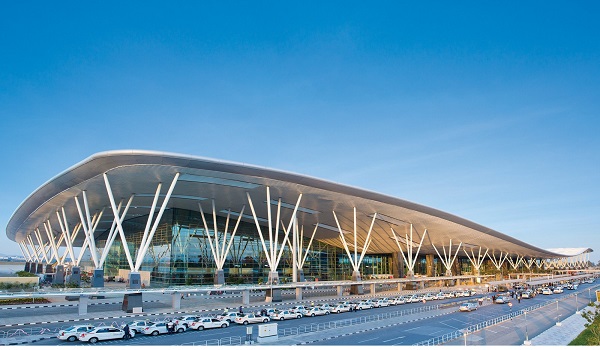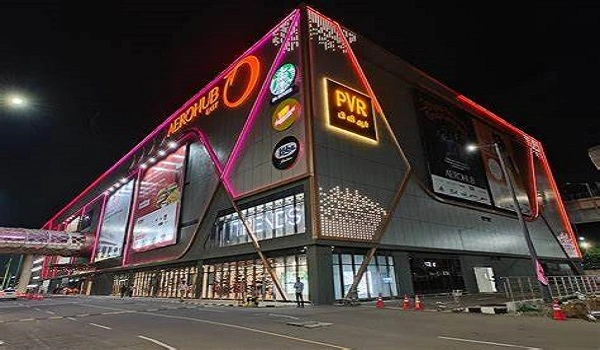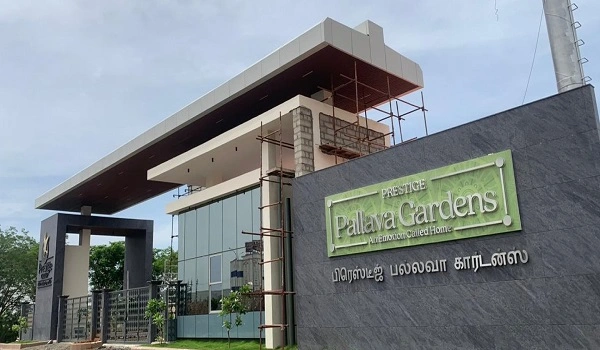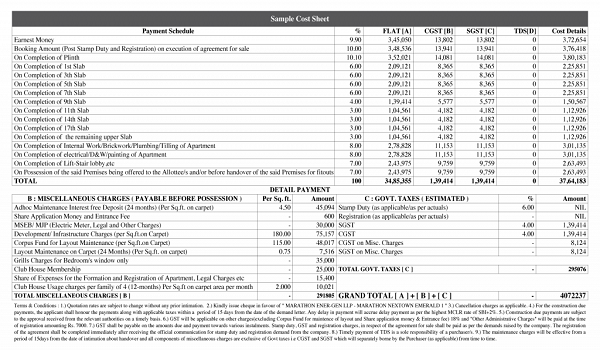GST 2025 and Its Impact on Real Estate: A Simple Guide for Homebuyers and Investors
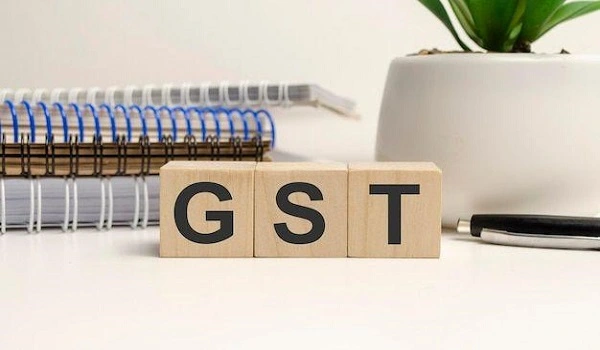
If you're planning to buy a new home in 2025, especially in growing areas like South Chennai where new projects such as Prestige Pallava Gardens in Pallavaram are making headlines, understanding GST is important. GST, or Goods and Services Tax, plays a big role in how much you pay for a property that's still under construction. This guide explains in simple terms how GST affects real estate, when it applies, what the current rates are, and what it means for you as a buyer or investor.
GST stands for Goods and Services Tax. It's a single national tax that replaced older ones like VAT, service tax, and excise duty. In real estate, GST applies mostly to under-construction properties. If you're buying a ready-to-move-in home or a resale flat, GST doesn't apply.
You'll need to pay GST if:
- You buy a home before it gets a completion certificate.
- The property is under construction when you book it.
- You're charged for things like clubhouse access, parking, or maintenance (if it's over ₹7,500/month).
- You rent out a home for commercial use.
GST is not charged if:
- You buy a ready-to-move-in flat (with a completion certificate).
- You buy a resale property.
- The home is rented for personal living use.
- The annual rent is under ₹20 lakh (or ₹10 lakh in certain states).
GST Rates on Property in 2025
| Type of Property | GST Rate | Input Tax Credit (ITC) |
|---|---|---|
| Affordable housing (under construction) | 1% | Not available |
| Regular housing (under construction) | 5% | Not available |
| Commercial property | 12% | Available |
| Ready-to-move or resale homes | 0% | Not available |
| Government housing schemes | 1% | Not available |
Even if your flat comes under the 1% or 5% GST category, some added services can still be taxed at 18%, such as:
- Car parking
- Clubhouse fees
- Extra amenities
- Maintenance charges over ₹7,500/month
In high-end communities like Prestige Pallava Gardens, make sure to ask your builder about these additional charges.
Before GST, buyers had to pay different taxes like VAT, service tax, and registration charges—each varying by state. This made pricing confusing.
Now with GST, there's one clear tax on under-construction homes:
- No GST on ready-to-move homes
- No GST on resale homes
- 1% or 5% GST on new, under-construction homes, depending on the category
Earlier, builders paid taxes on materials (like cement and steel), and also on services (like architect or legal fees). They couldn't recover these costs easily.
With GST, builders can:
- Claim Input Tax Credit (ITC) on many of their costs
- Reduce project costs and improve transparency
- Offer homes at better prices because hidden taxes are gone
Affordable Housing vs Luxury Homes: GST Impact
- Price per sq. ft.: ₹3,500
- GST rate (after April 2019): 1%
- ITC: Not available
- Final Cost: ₹3,535 per sq. ft.
- Price per sq. ft.: ₹7,000
- GST rate: 5%
- No ITC
- Extra GST on premium features: 12–18%
- Final Cost: ₹7,350 per sq. ft. or more
If you're buying a luxury flat with designer interiors, custom fittings, or exclusive features, your GST bill may be higher.
For housing under schemes like PMAY or RAY, GST is fixed at 1%. This makes government-supported housing more affordable for low-income families.
In 2025, the government is still reviewing whether GST should apply to Floor Space Index (FSI) charges collected by local authorities. No final decision has been made yet.
Even though GST has replaced many taxes, stamp duty (5–10%) and registration fees (0.5–1%) still apply. These are state taxes and must be paid separately.
Here's a simple example:
- Property value: ₹1,000
- Less land cost (33%): ₹330
- Taxable value: ₹670
- If GST = 5%, then 5% of ₹670 = ₹33.5
- Total cost = ₹1,033.5
GST is always calculated on the value after subtracting the land cost.
Yes, but only if:
- The goods/services were actually used
- Payment was made within 180 days
- The GST return (GSTR-3B) matches supplier's record (GSTR-2B)
- The supplier is GST registered
- ITC is claimed before November 30 of the following year or the date of annual return—whichever comes first
- One tax nationwide—no confusion across states
- No double taxation—simpler bills
- Easier paperwork and legal compliance
- Helps developers control project costs
- Encourages fair pricing for buyers
- Transparent tax rates—buyers know what they pay for
- Know the property type: Is it under-construction, ready, or resale?
- Ask for the completion certificate: If it's ready, no GST applies.
- Check GST category: Affordable (1%) or regular (5%)?
- Include GST on extras: Parking, clubhouse, etc.
- Ask if ITC is passed to you: For older tax structures
- Get legal advice: Always check with a lawyer for large investments
| Before GST | After GST |
|---|---|
| VAT, service tax, octroi | One single GST |
| State-wise tax confusion | Uniform across India |
| Complex paperwork | Simple filings |
| No credit for tax paid | ITC available for developers |
- Myth: GST applies to resale flats
- Truth: It doesn't.
- Myth: Ready-to-move homes attract GST
- Truth: Not if they have a completion certificate.
- Myth: GST is an extra tax on top of other taxes
- Truth: GST replaced many taxes, so you're not paying twice.
- Many people are confused about which properties attract GST.
- Extra charges like clubhouse or parking can be tricky.
- Developers face complex ITC calculations.
- Reverse Charge Mechanism (RCM) adds costs when using unregistered vendors.
GST has made the real estate tax system more organized and easy to understand, especially for new buyers. For developers, it reduces costs and paperwork. For buyers, it brings price clarity. In emerging localities like Pallavaram, projects such as Prestige Pallava Gardens benefit from this transparency, making them attractive options in 2025.
No, only under-construction homes are taxed.
Yes, GST doesn't replace these state-level charges.
1% (with no input tax credit).
No, resale homes are GST-free.
Yes, in most cases—but check your agreement to confirm.
Prestige Group Newlaunch Project is Prestige Pallavaram Gardens
| Enquiry |
